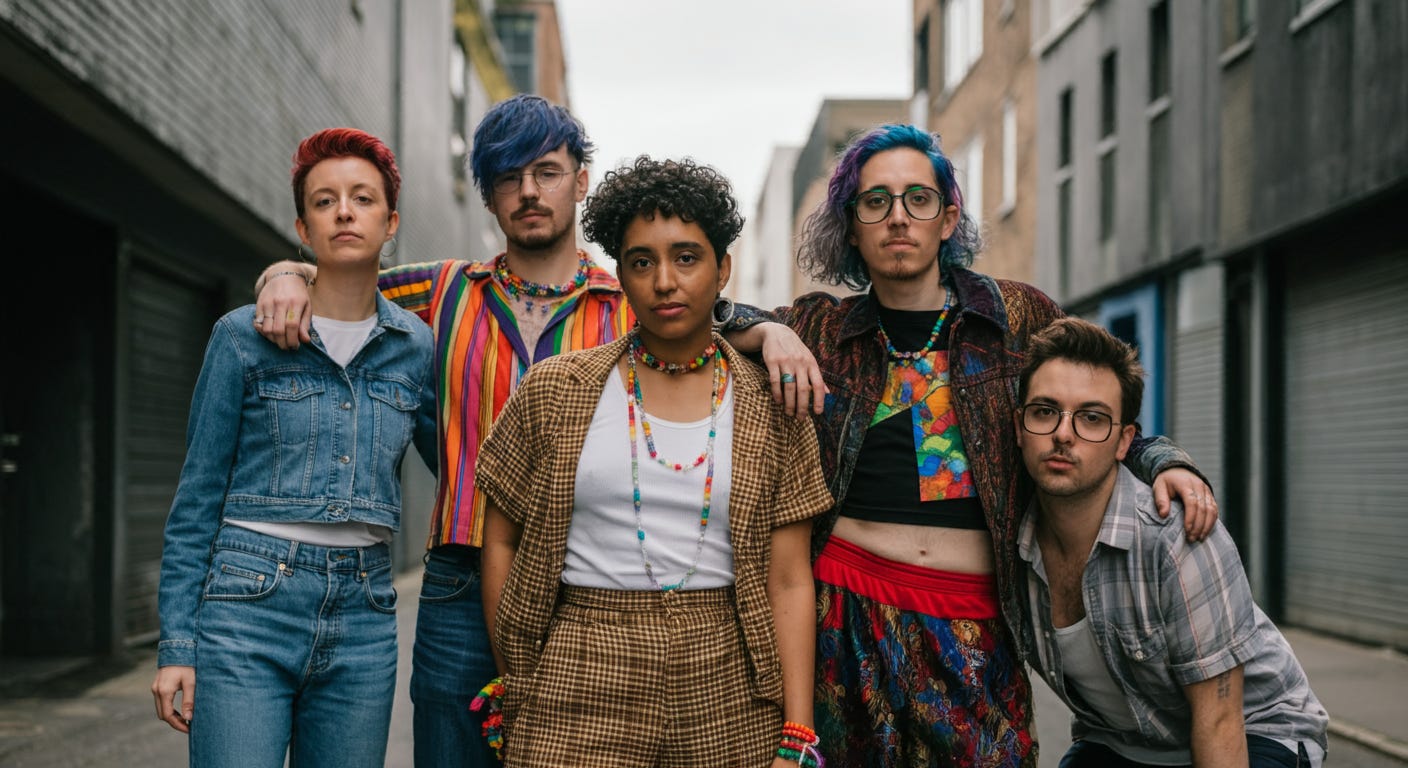In the 1980s, being LGBTQ+ meant navigating a world fraught with danger, secrecy, and constant fear. As a young person struggling with my sexuality, I found myself trapped between self-discovery and self-preservation. Even after joining the Air Force, I remained closeted, understanding that visibility could mean losing everything.
Meeting potential partners was a high-stakes endeavor. Without the safety of the internet or openly gay spaces, connection meant risking personal safety. Rest areas, parks, and discreet locations became makeshift meeting grounds—each encounters a delicate dance of desire and danger. The threat was ever-present: law enforcement, potential recognition, social ostracism, and personal safety hung in a precarious balance.
I remember a moment in Biloxi, Mississippi that has stayed with me for decades. A senior officer casually mentioned police taking down license plates near a rumored gay bar near the base. At the time, it felt like more than idle gossip. Was it a warning? A subtle act of protection? Someone quietly looking out for those who couldn't openly look out for themselves?
Years later, similar experiences reinforced our community’s unspoken care network. My roommate's offhand comment about a mutual friend—"You always see his truck in the cruisy areas"—felt like another whispered caution. These weren't just conversations; they were lifelines, subtle ways of sharing critical information in a world that sought to marginalize and criminalize our existence.
These experiences illuminate a profound truth: our community has always found ways to protect each other, even when institutional support was nonexistent. In an era of extreme vulnerability, LGBTQ+ individuals developed intricate communication networks, warning systems, and support mechanisms that went far beyond traditional support structures.
Today, I reflect on these memories with a mix of pain and hope. For LGBTQ+ youth, the landscape has transformed dramatically. We now have more visible role models, legal protections, and supportive communities. Yet, the legacy of those who came before—who protected, warned and supported each other in silence—remains crucial.
To LGBTQ+ youth today: Your existence is valid. Your journey is sacred. The challenges you face are real, but you are never alone. The community that once communicated in whispers and subtle warnings now stands proudly, offering open, unconditional support.
Organizations like The Trevor Project, PFLAG, and local LGBTQ+ youth centers provide critical resources, counseling, and community support. Remember, your identity is not something to hide or fear but to celebrate. The generations before you have paved the way, and we continue to create spaces of safety, understanding, and love.
Support Resources:
The Trevor Project: 24/7 crisis support for LGBTQ+ youth (866-488-7386)
PFLAG: Support, education, and advocacy for LGBTQ+ individuals and their families
Local LGBTQ+ community centers: Offering counseling, support groups, and resources.
National Suicide Prevention Lifeline: 988 (supports all individuals, including the LGBTQ+ community)
Your story matters. Your journey is valid. You are loved exactly as you are.




